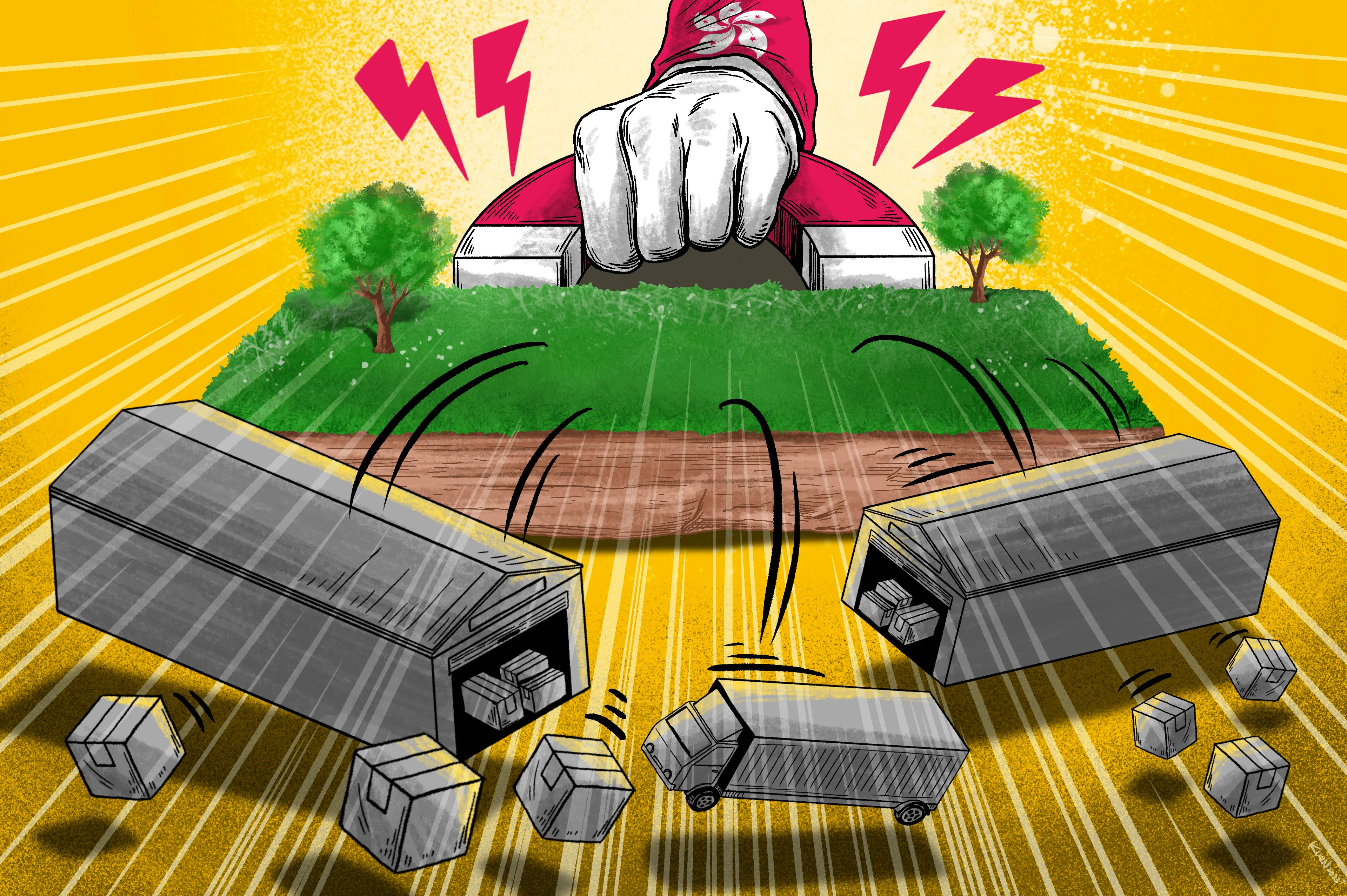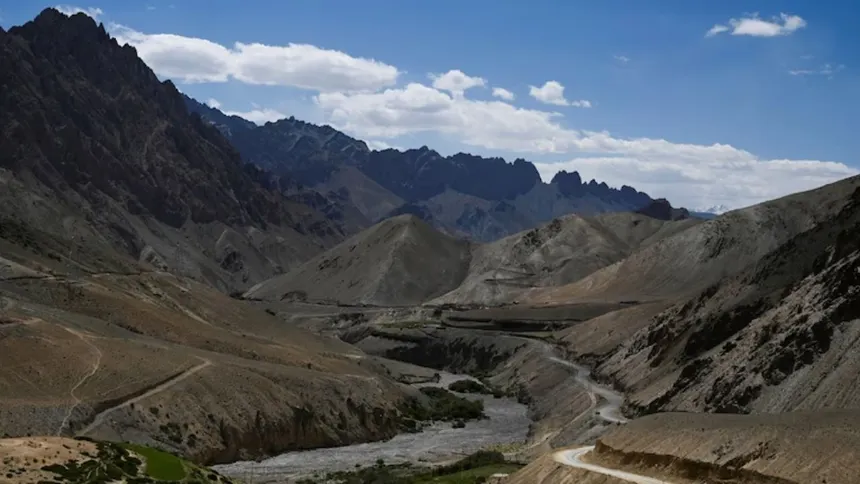China Food Security: Crop looters add to the woes of local farmers
It is the harvest season in China and local farmers are looking for a better yield and profit. Suddenly one day a crowd comprising young to middle age people attack their farms and scratch the crops to scavenge whatever they can leaving behind destroyed fields. Who are these people? Why are they looting crops? These are the poor Chinese people, also called the grab hags, battling poverty and indiscriminate food scarcity.
Grab hags is a term used to define the elderly women in rural China who loot local farmers’ crops to sustain their livelihood. Although over the time even young and middle-aged men have joined the group.The phenomenon of crop looting has gained popularity in China in recent times. The latest case was reported when a group of over 500 people attacked a corn crop in Zhoukou City, Henan province, on October 14. The insanity of loot was visible through a video circulated online and begs question what is driving such behavior among the Chinese.
In recent years China’s food demand has outpaced its local production forcing the government to import significant amount of agricultural goods each week to feed more than 1 billion people in China. Beijing is currently a major buyer of chicken, soybean, corn, wheat, rice, cattle, pork, barley and sorghum.
Food security is an old and important issue in China history for last 100 years. China has witnessed seven famines since early 20th century that claimed over a million lives. The worst catastrophe in China was witnessed during a famine that occurred from 1959 to 1961. This was by far the scariest famine in the human history that claimed nearly 30 million. The most shocking part is that this famine was human made.
The then Chinese government was going through rapid industrialization and was following a policy called the Great Leap Forward that pushed Chinese away from agriculture and towards the metals mining. This led to a huge dip in agricultural production as China’s grain reserves depleted leading to a huge chaos in food supply chain causing mass starvation. China learnt a harsh lesson from this disaster and understood how food diplomacy is an important part of governance.
President Xi Jinping during his re-election speech at 20th National Congress of Communist Party of China on 16th October, 2022, stressed upon the importance of food security several times. He said we should focus to reinforce foundation of food security at all levels and even linked food security to national security. He wanted China to be self-sufficient to be able to feed its people. He said we will fall under other’s control if we cannot hold our rice bowl steady.
China has some major challenges to overcome in order to attain its goal of self-sufficiency in food supply. According to a World Bank data China has only 13% of arable land despite its enormous size of 9.6 million square kilometers. Crop production is also low due to saline and alkaline composition of the land resources. Rapid urbanization is another factor the negatively impacts agriculture because locals often lease out property for business instead of indulging in farming. COVID-19 outbreak in 2019 and Russia’s invasion of Ukraine are other two factors that have taken steam out of China’s food security initiatives.
In 2022, China’s overly reliance on food import was exposed when it imported soy and corn from the United States despite its ongoing trade war with the United States. China is the largest corn importer in the world importing 28.35 million metric tons of food staple in 2021. Most imports have come from the US, Ukraine and Brazil. China is also prone to natural disasters and recently a drought in South affected an estimated 2.2 million hectares of land. Hunan province of China witnessed rainfall continuously for 6 days leading to flooding, wheat sprouting and crop loss.
China is indulging in some weird measures for food security. From asking people to put soil in certain areas to increase the cultivating land to demolishing the parking lots to grow potatoes, everything required is happening. Even the local farmers are being asked to remove other crops and grow rice to meet uneven demand. Moreover, terrace farming is being promoted but the farmers are finding it difficult to do it due to hard terrain. In May this year due to transport permit issues the harvesting machines could not reach the fields leading to heavy losses to farmers as of 1.7 million acres of wheat was spoiled in Nanyang city.
Experts believe that Xi’s Jinping’s inefficient policies such as forcing people to increasing farmland by converting un-agricultural land with no agricultural value into agricultural land and land transfer policy that compels farmers to transfer their land to the government have backfired. The Chinese regime has so far reclaimed over 170 hectares of land from farmers at a cost of 1000 yuan per acre per year with a minimum contract period of five years.
The crop looting in China is also the result of government policy that allow wheat farming till June after which the farmers cannot grow crops and can just grow corns. Since the elderly in the village have no other crops to grow they go to corn fields and indulge in a mass looting spree. Additionally, village officials misuse subsidies meant for agricultural property to be used for afforestation. Farmers cannot cultivate land after it was transferred.
The mass looting of crops has become a matter of shame for China as it reflects the level of unemployment in the rural areas and Beijing must reflect upon it with utmost seriousness and develop policies that ensure better food security and employment













